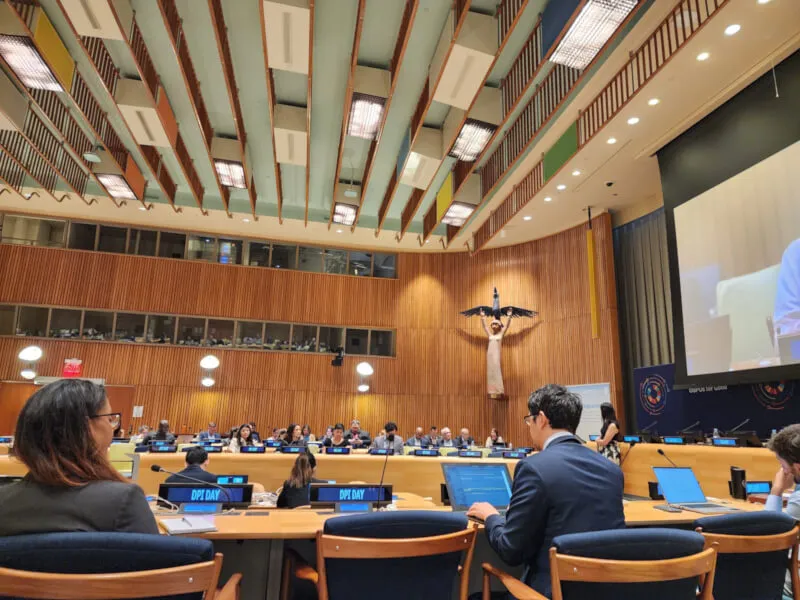
Reflections from UN Open Source Week 2025
Written by Vineel R. PindiLast month, I had the honour of representing the Interledger Foundation at the UN Open Source Week 2025 at the United Nations Headquarters in New York City.
A common thread throughout the week was the recognition that open ecosystems are no longer just about transparency; they are foundational to building inclusive, participatory, and resilient digital public infrastructure.
The event brought together a rare convergence of ecosystems, bridging together governments, multilateral institutions, and communities.
The UN Open Source Week convened a diverse mix of stakeholders, including:
- Governments: Dominican Republic, Nigeria, Kenya, Abu Dhabi
- UN agencies and multilateral organizations: UNECE, ITU, OICT, UNESCO, ODET
- Global tech companies and open-source foundations: GitHub, Mozilla, Drupal, Linux Foundation
- Philanthropic funders, civil society, universities, research institutes, and developer communities.
Setting the Stage at the LinkedIn office in the Empire State Building.
The week began with an insightful side event at LinkedIn's office in the Empire State Building, where the Digital Public Goods Alliance and the Open Source Initiative co-hosted a discussion focused on AI and the Future of Work, framed by global development priorities.
The session explored how public-interest governance of AI can be grounded in digital public goods. The discussion was a striking contrast, as it took place inside a symbol of an industrial age building, discussing digital disruption.
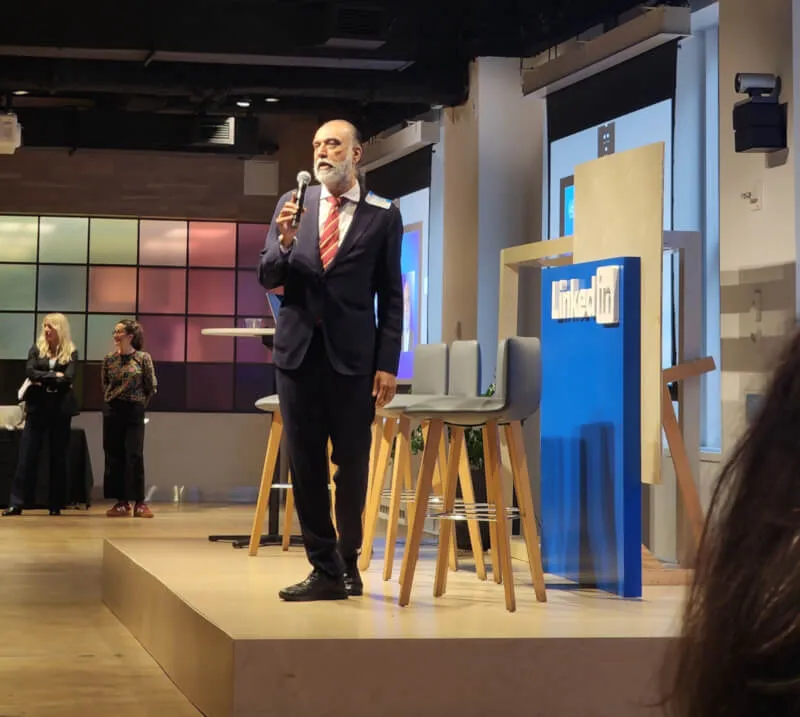
Key themes from the week:
1. OSPOs for Good:
A central thread was the evolving role of Open Source Program Offices (OSPOs) in shaping public infrastructure, AI governance, policy implementation, digital governance, innovation and cross-border collaboration.
OSPOs for Good track highlighted real-world examples from AWS, Carnegie Mellon, and the Government of France, demonstrating how OSPOs can serve as infrastructure for participation, not just internal coordination.
The “OSPOs for Good” track highlighted:
- Cross-border collaboration to advance open-source policies
- Integration of open values in national AI strategies
- Real-world case studies of open source impact at scale.
Speakers like Sachiko Muto (Chair of OpenForum Europe and Senior Researcher, RISE), Nithya Ruff (Head of OSPO, Amazon), and Avni Khatri (Senior Director, Education, GitHub) emphasized that governments can’t just consume open source; they must steward and contribute to it.
2. DPI Day: Digital Public Infrastructure for All
Another focus was on Digital Public Infrastructure (DPI), highlighting the urgency of sustainable digital systems that enable identity, payments, data exchange and access to services.
DPI Day brought together the UN entities, Member States, and ecosystem partners to align around shared strategies, rooted in Global Digital Compact (GDC).
Breakout sessions focused on:
- Data governance and DPI safeguards
- Financing and sustainability models
- Building trustworthy, inclusive, interoperable and equitable infrastructure at scale.
A key insight shared during DPI Day was that without shared digital infrastructure, we risk replicating inequality in digital form.
Speakers, including Miller Abel (BMGF), Dr. David Manset (ITU), Lucy Harris (DPGA), and others, outlined how DPI must be not only open but also intentional, inclusive, and globally interoperable.
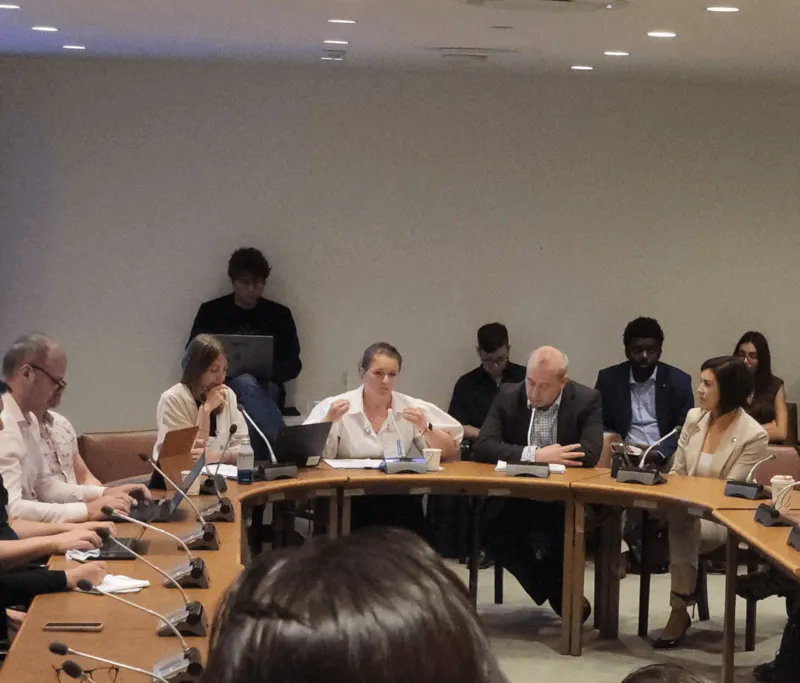
Conversations and Reflections:
It was deeply fulfilling to exchange ideas and share Interledger’s work in digital financial inclusion and open payments, and to see how this aligns with the broader movement toward participatory, equitable digital public infrastructure.
One breakout session format I particularly appreciated was the use of the fishbowl model. Toward the end of select panels, moderators invited participants from the audience to step into the conversation—quite literally—by joining the panel circle. This simple yet powerful approach created a sense of shared ownership and immersive participation, breaking the traditional speaker-audience divide and reinforcing the open ethos the week stood for.
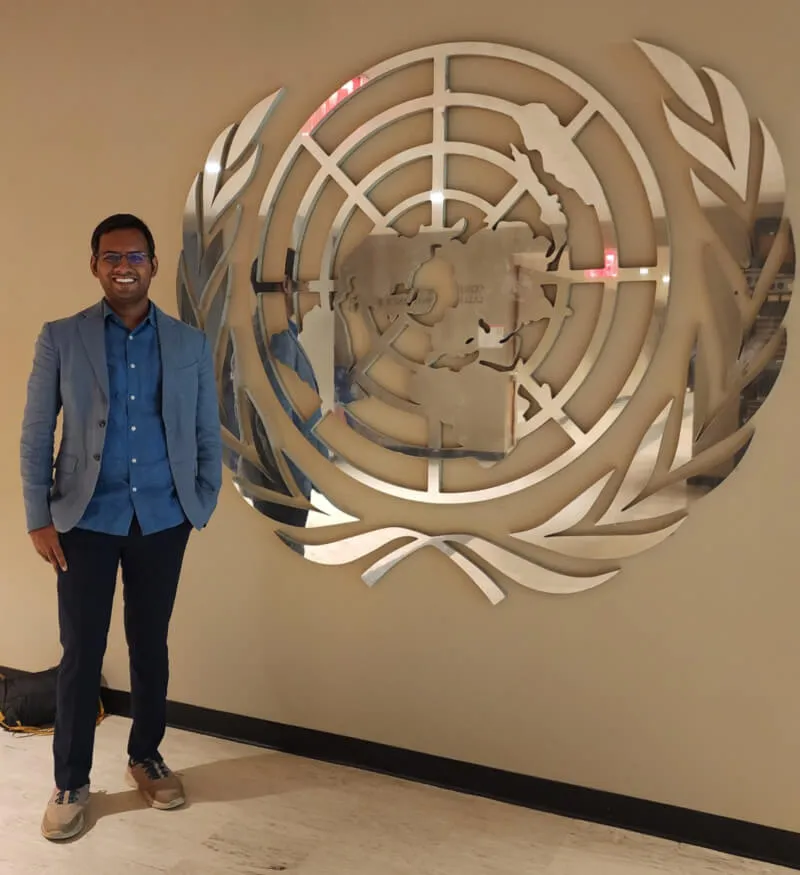
One panellist light-heartedly noted (which was echoed by many):
"Speaking of optimism, we have got more done here(UN Open Source Week) today than the security council meeting that is happening somewhere around in this building."
Come in, we’re Open Source! Join Us in Shaping the Future of Open Payments
At the Interledger Foundation, we’re building an open, participatory and inclusive ecosystem for digital financial access. All of our projects are open source, and we welcome and support contributors.
Help make payments easier and more accessible for everyone. Explore our Open Payments repository, an open API standard that enables interoperability across banks and wallets. Look for “good first issues” to get started.
Shape the future of Open Payments. Support the Interledger project on GitHub! Showing support is as easy as 1-2-3:
- Log in to your GitHub.
- Explore Interledger's repositories here: Interledger GitHub
- Star the projects you care about to show your support and help others discover them too.
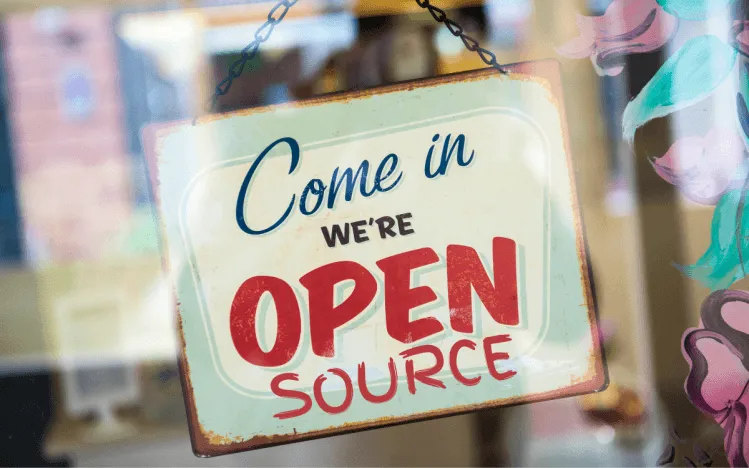
Image Source: venturebeat.com
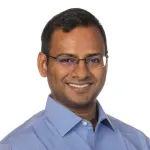
Vineel has spent the last 12 years in community building and user engagement across Technology and Creator ecosystems. With a background in Community Strategy and Advocacy, he helped build global programs, campaigns, and events.